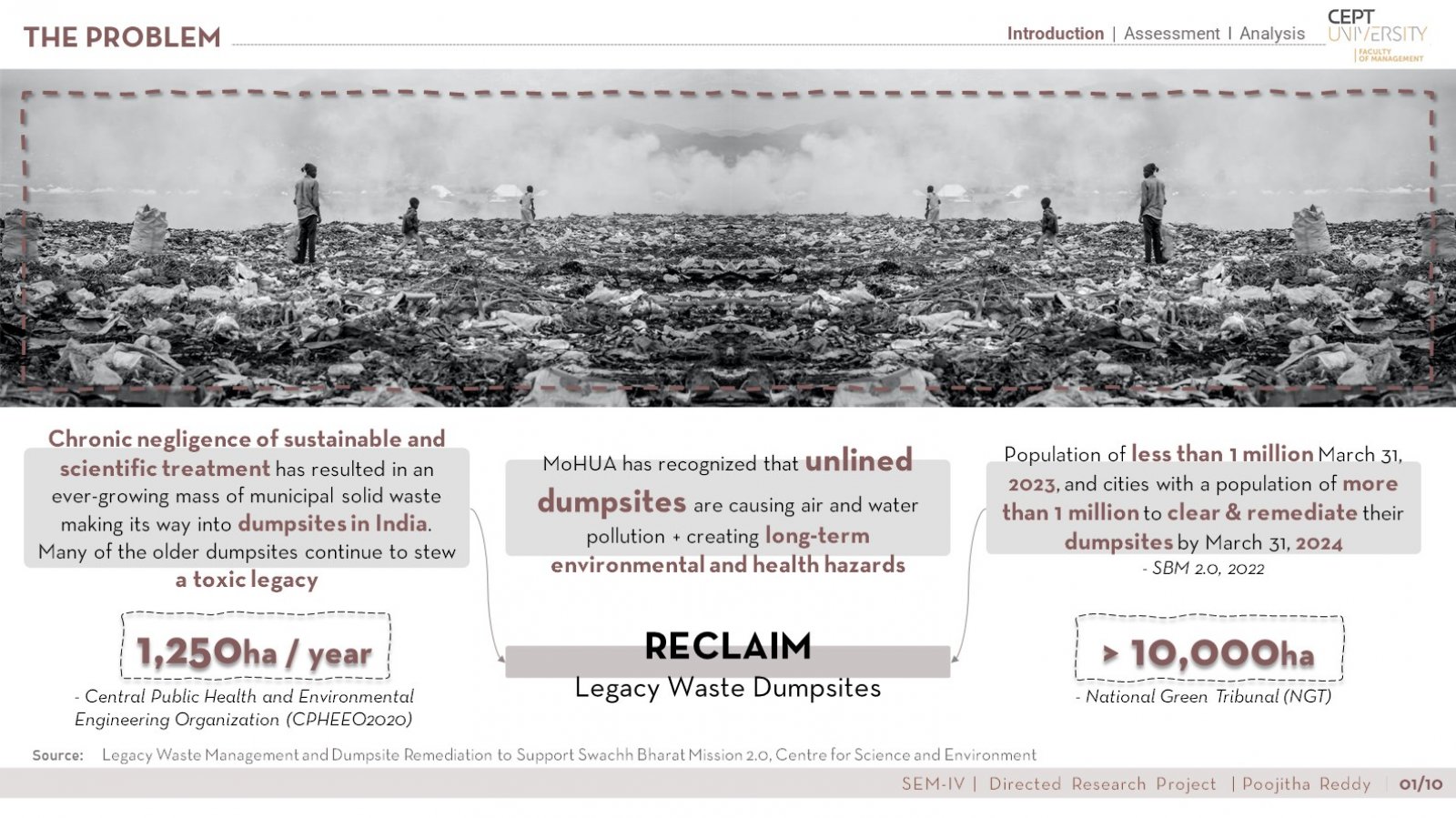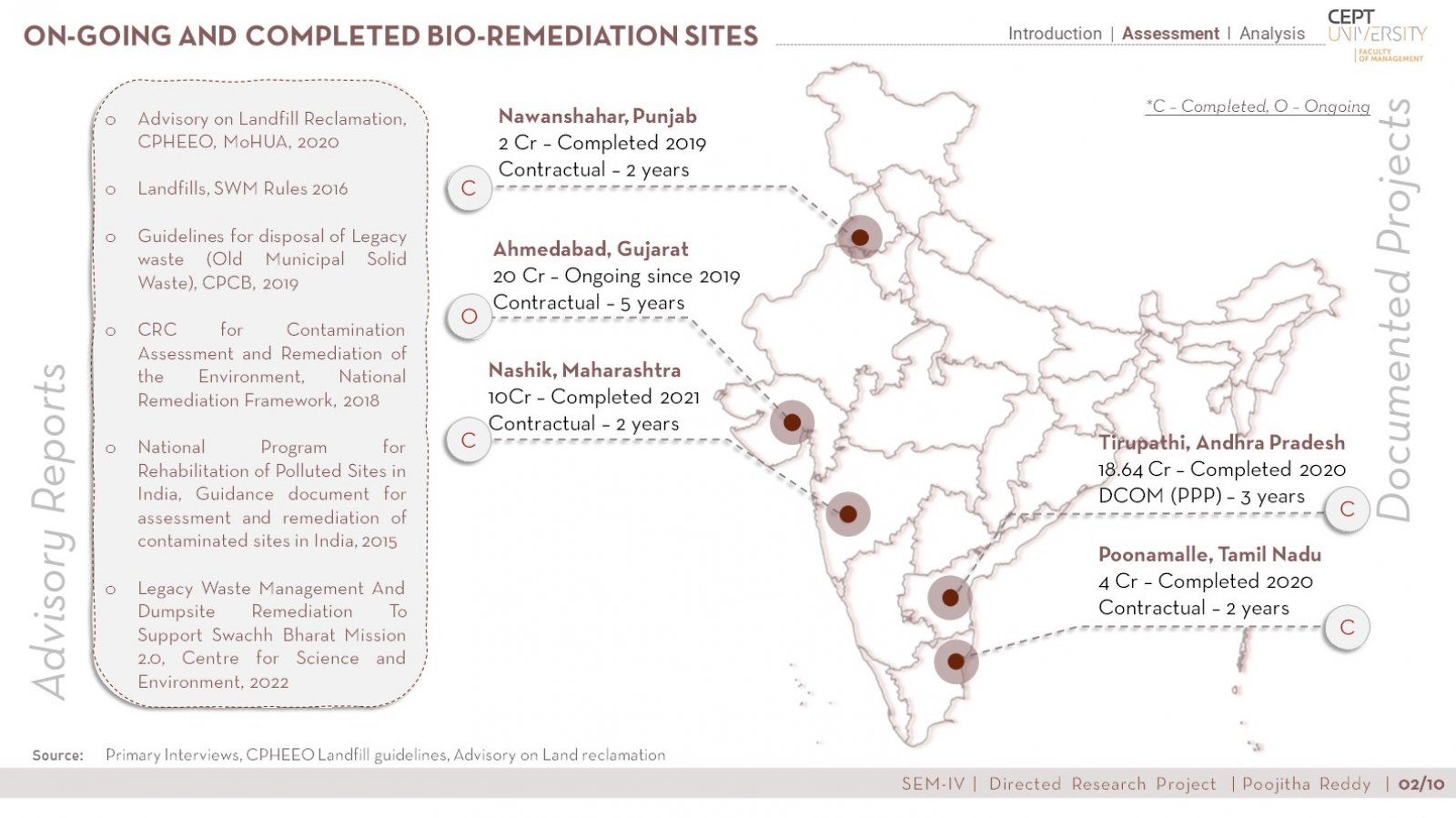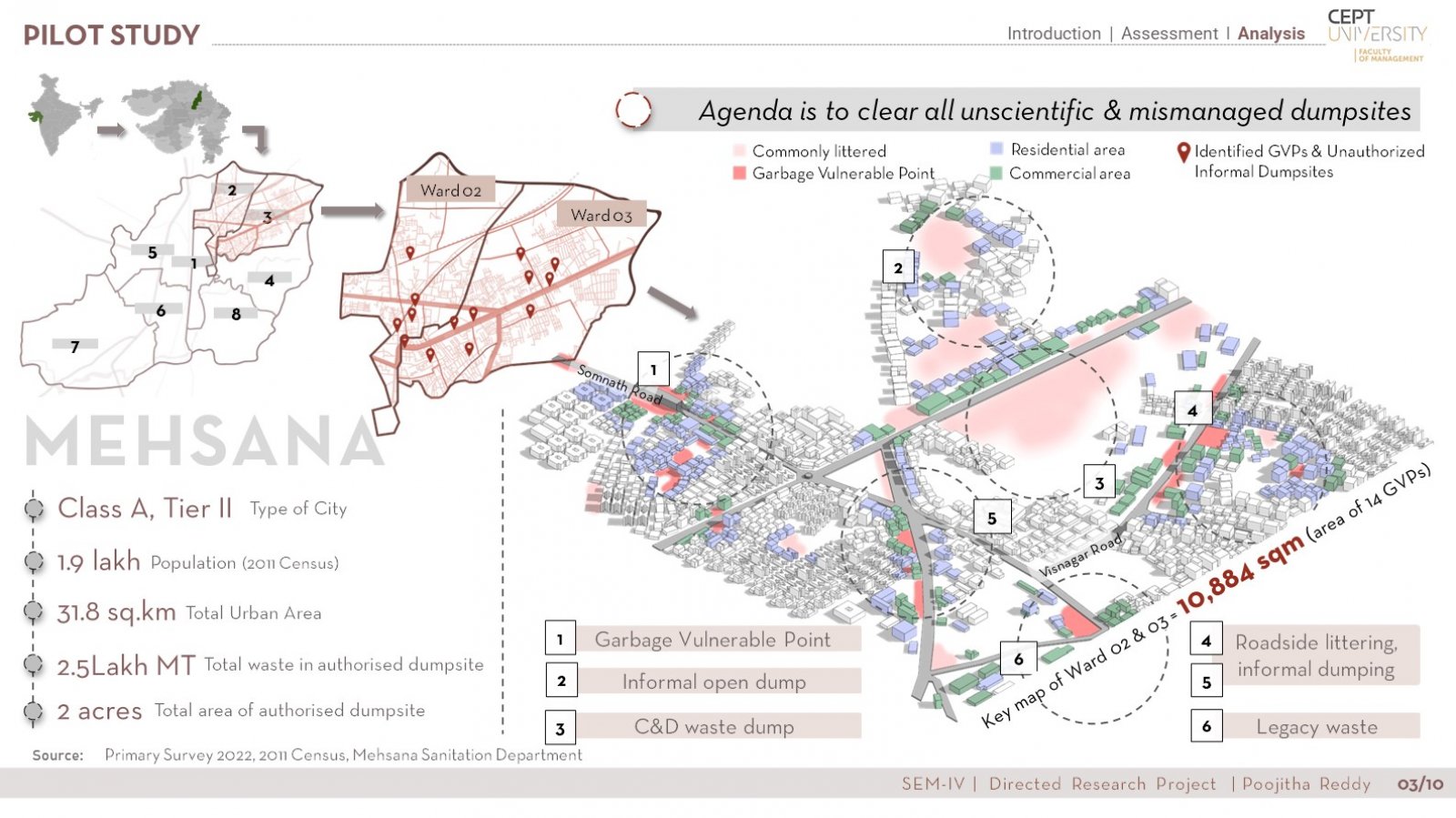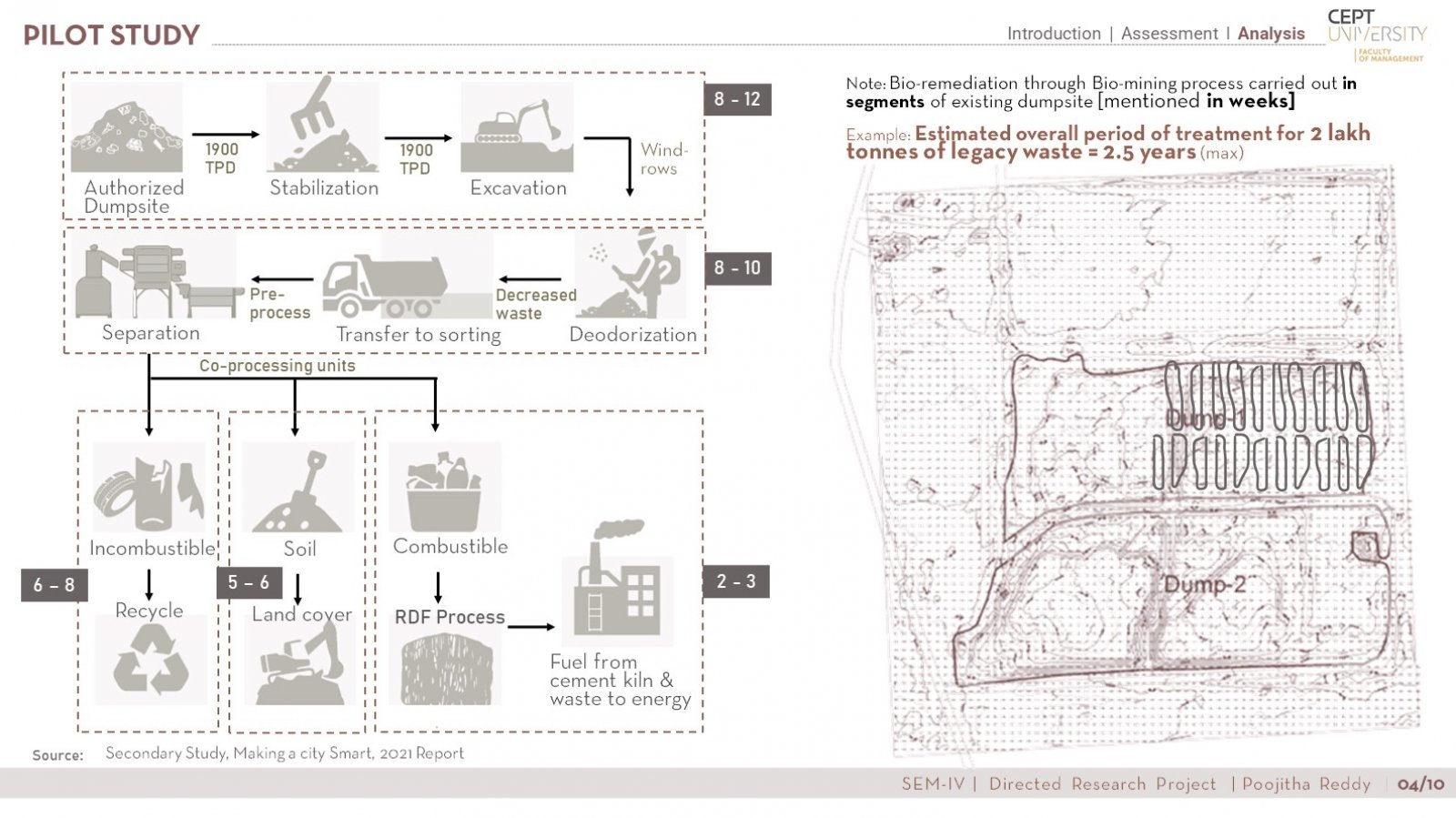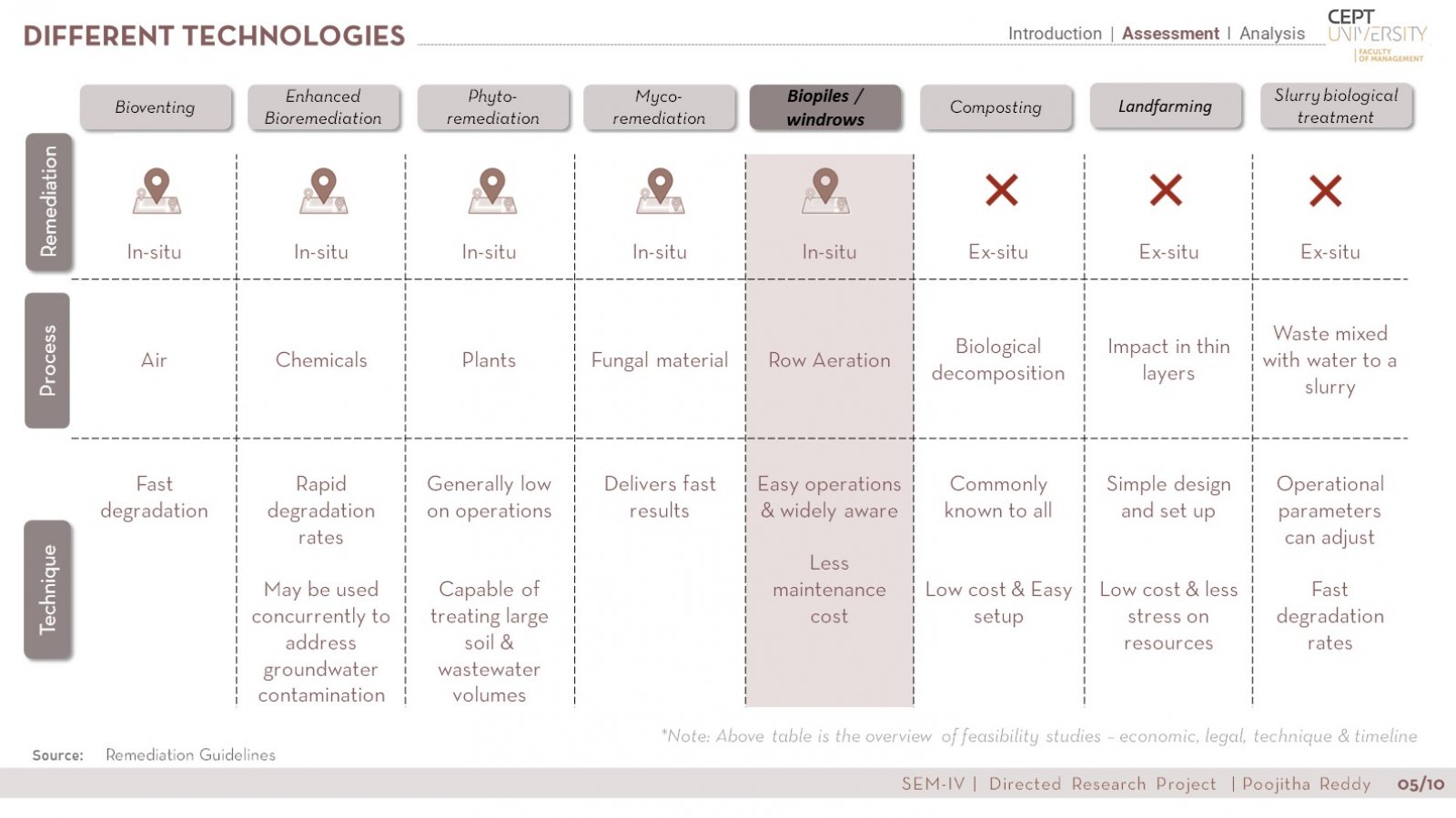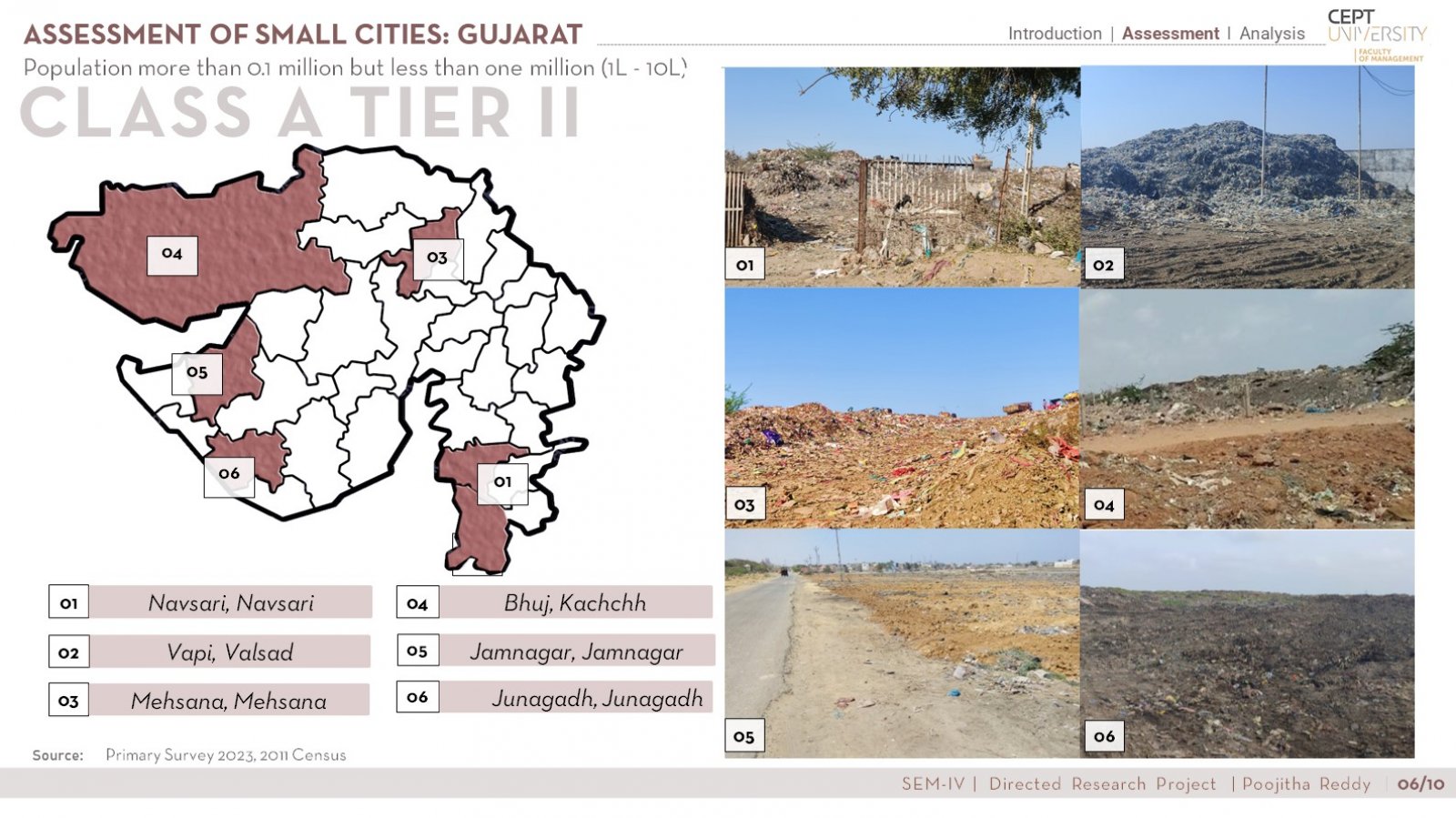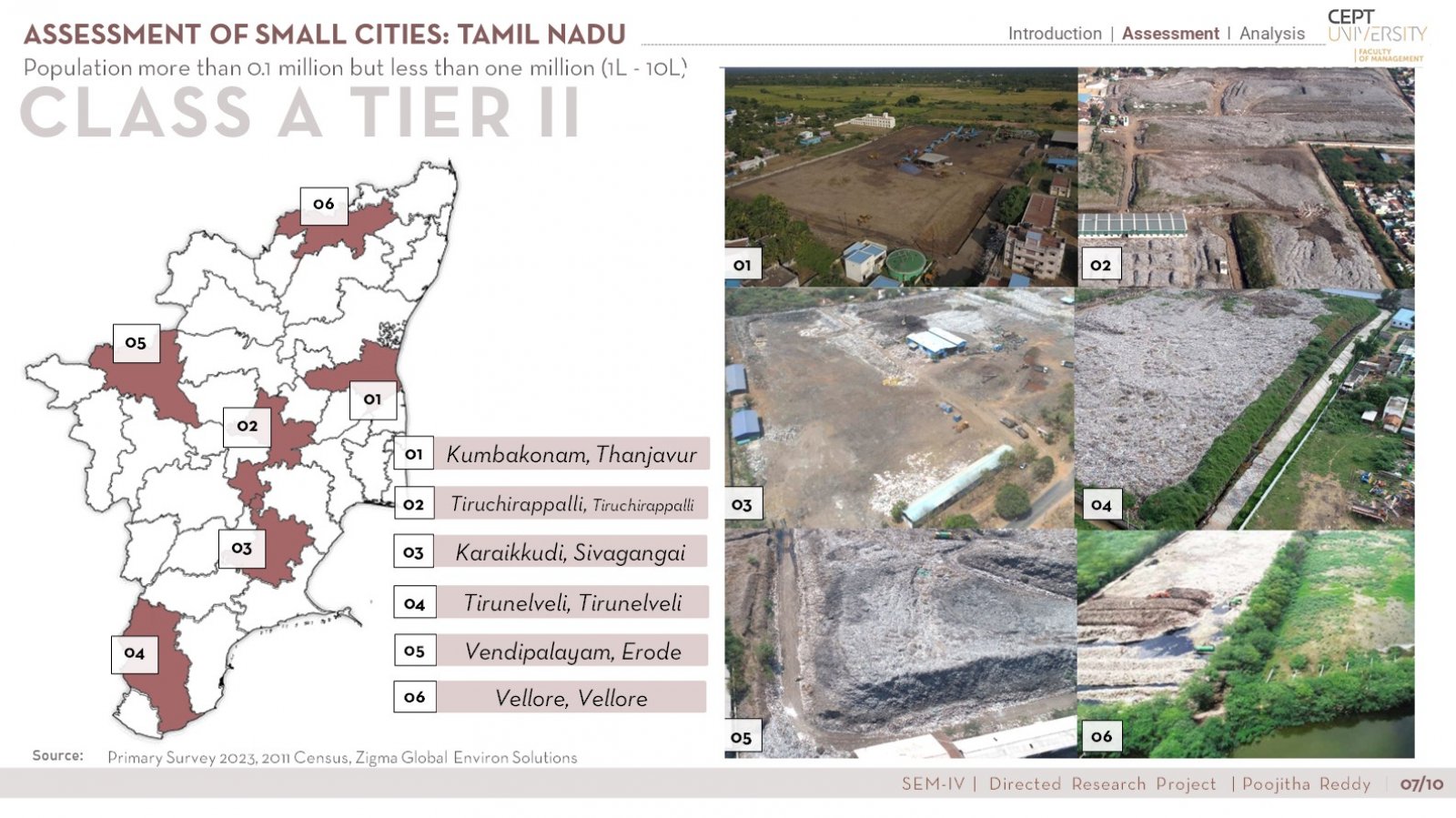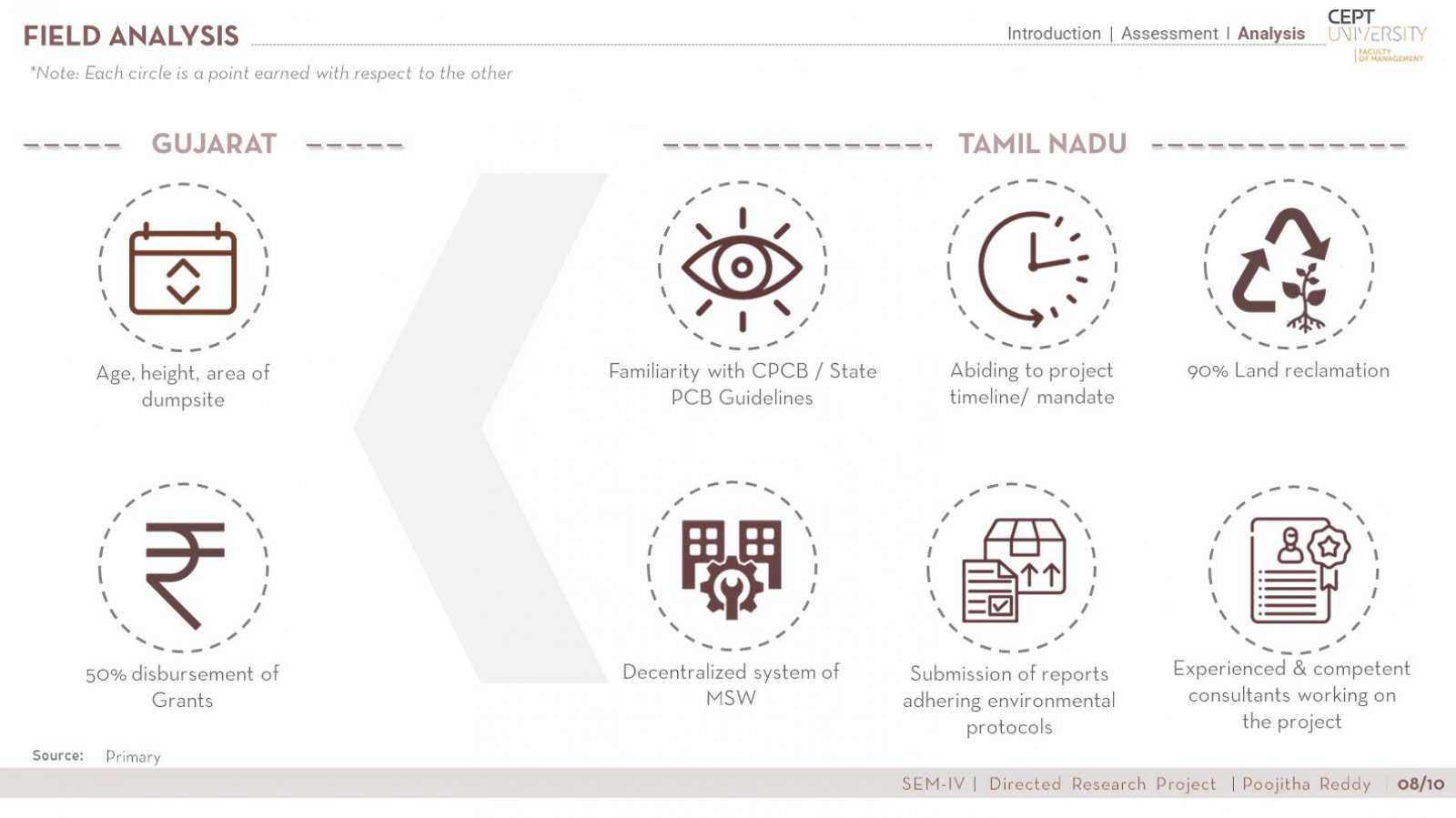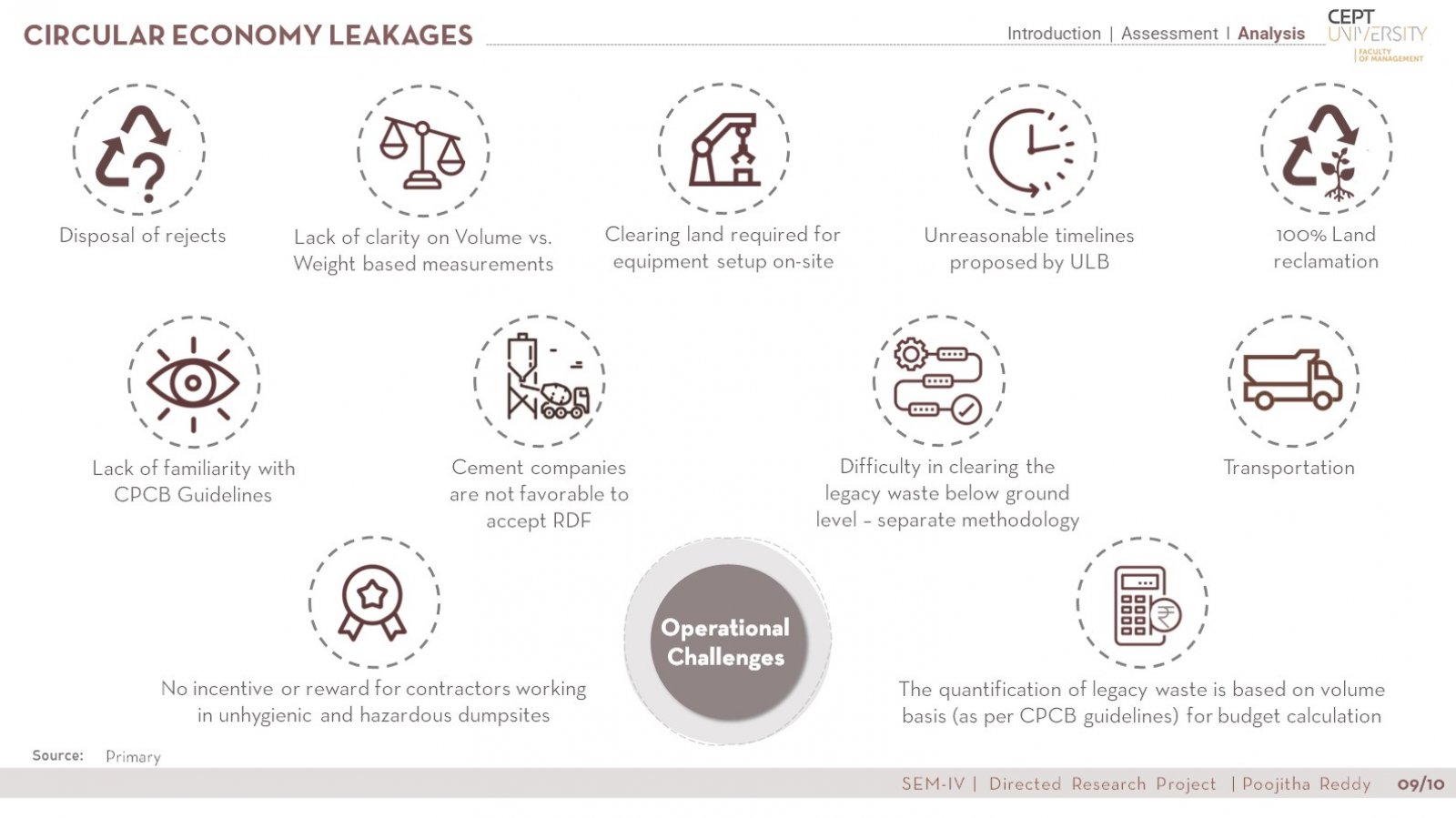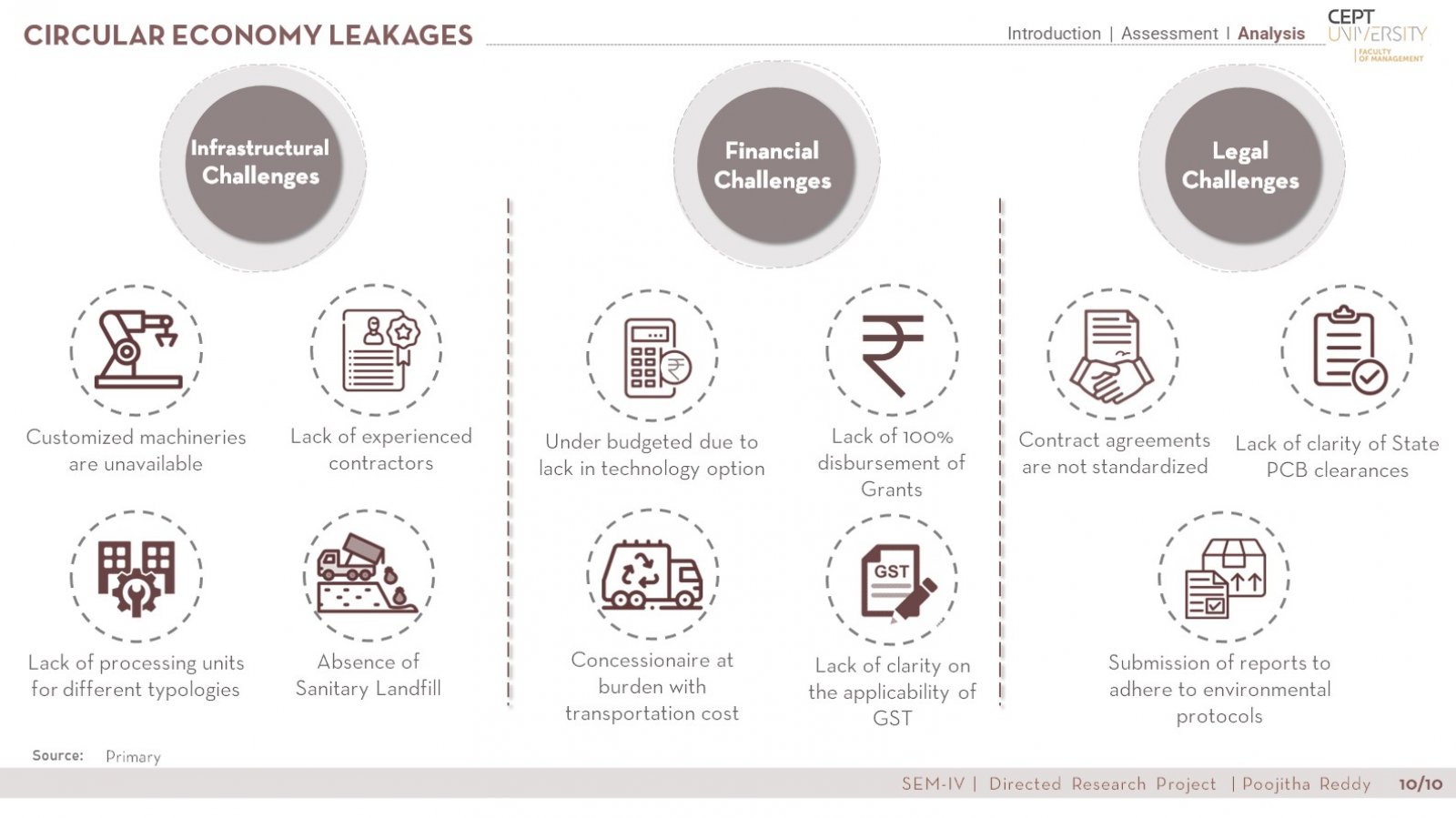Your browser is out-of-date!
For a richer surfing experience on our website, please update your browser. Update my browser now!
For a richer surfing experience on our website, please update your browser. Update my browser now!
The issue of legacy waste is a growing concern in India, where the introduction of dumpsites in the 1970s has led to uncontrolled heaps of municipal solid waste. Over the past three decades, these heaps have grown larger, resulting in severe pollution and environmental degradation. The filthy liquid produced by waste decomposition in these airless heaps, known as leachate, contaminates groundwater and kills vegetation, while the heaps themselves produce methane, a potent greenhouse gas that contributes to global warming. To address this critical problem, the Swachh Bharat Mission (2.0) and National Green Tribunal have directed cities to adhere to and implement bio-mining and bio-remediation techniques to clear dumpsites with legacy waste present. This study examines the present status of two states and formulates a sustainable model for managing legacy waste in similar cities. The key to tackling this issue lies in adopting innovative and eco-friendly approaches to waste management. This study attempts to comprehensively dwell into the intricacies involved in legacy waste removal and critically review the steps taken by municipalities of two states, Gujarat and Tamil Nadu, which are the front runners in the removal of dumpsites. The study can also act as a guiding framework for other cities preparing to work towards the mandate.
